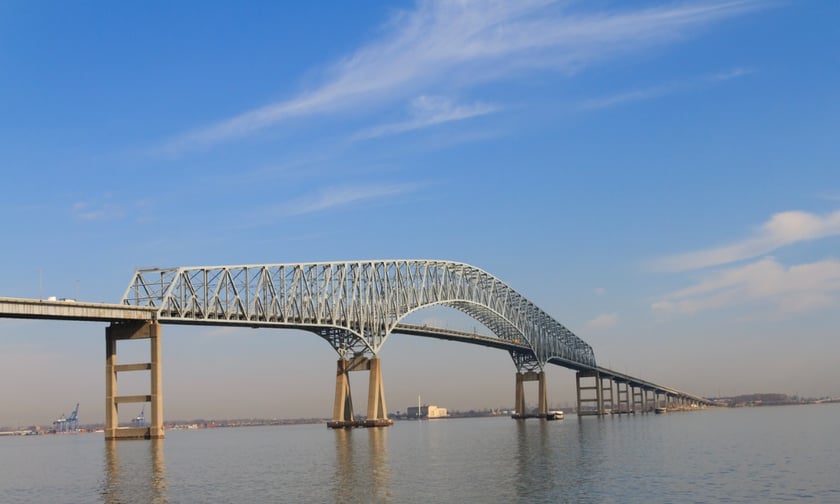

NorthStandard's first annual review since its merger last year shows broadly positive results, although it also revealed that it is too early for detailed commentary on the Dali disaster in Baltimore, which could become shipping’s largest-ever insurance claim.
According to Guy Carpenter, careful risk assessment, diligent loss prevention measures, tailored terms of entry, and better pricing have supported a record increase in premium income, investment returns, and free reserves for NorthStandard.
Premium income rose by just over 5% to $836 million, while investment returns increased by 4.9%. The net combined ratio, a measure of profitability, improved slightly from 95% to 93% year on year.
Managing director Jeremy Grose noted that NorthStandard's six geographically structured 'bluewater' sectors performed well against targets.
“Confidence in the Club was shown with the addition of six new 'bluewater' mutual members as of February 20,” he said in the firm’s annual review. “Additionally, 180 more ships have been committed, either as renewals or as new builds and acquisitions due for delivery during the current policy year."
The Club continued investing in digital services and launched 'Get SET!', an initiative providing shipowners with vessel-based loss prevention technologies. This includes new situational awareness systems developed in collaboration with partners, featuring AI-enhanced systems.
The marine insurer commented that it is still too soon for comprehensive comments on the Dali catastrophe in Baltimore. However, Lloyd’s of London chairman Bruce Carnegie-Brown remarked at the end of March that this event could potentially be shipping’s largest-ever insurance loss.
NorthStandard’s annual review stated that “while in its early stages, and though the quantum of any loss is as yet unknown, the recent cargo collision and subsequent collapse of the Francis Scott Key Bridge in Baltimore in March 2024 has the potential to impact the outlook of the International Group’s reinsurers and those across the Club’s other reinsurance programs.”
The International Group of P&I Clubs, which includes twelve mutual P&I Club members, provides marine liability cover for about 90% of the world’s oceangoing fleet. Its reinsurance program is structured in three layers above the cover provided by individual clubs and their cooperative arrangements.
The first layer provides $650 million of cover, excess of $100 million. Layer 2 offers an additional $750 million, excess of $750 million, and Layer 3 provides another $600 million, excess of $1.5 billion. There is also a 'Collective Overspill' arrangement of another $1 billion, bringing the total to $3.1 billion.
The marine insurance industry’s highest-ever payout to date was due to the capsize of the cruise ship Costa Concordia off the Italian coast in 2012, with claims estimated to have exceeded $2 billion.
However, the Dali disaster is more complex and occurred in one of the world’s most litigious countries. Claims are expected to be immensely complicated, including loss of life, damage to the bridge and ship, delays to vessels in Baltimore, local and international business interruption, supply chain disruption, and worker compensation.
What are your thoughts on this story? Please feel free to share your comments below.
